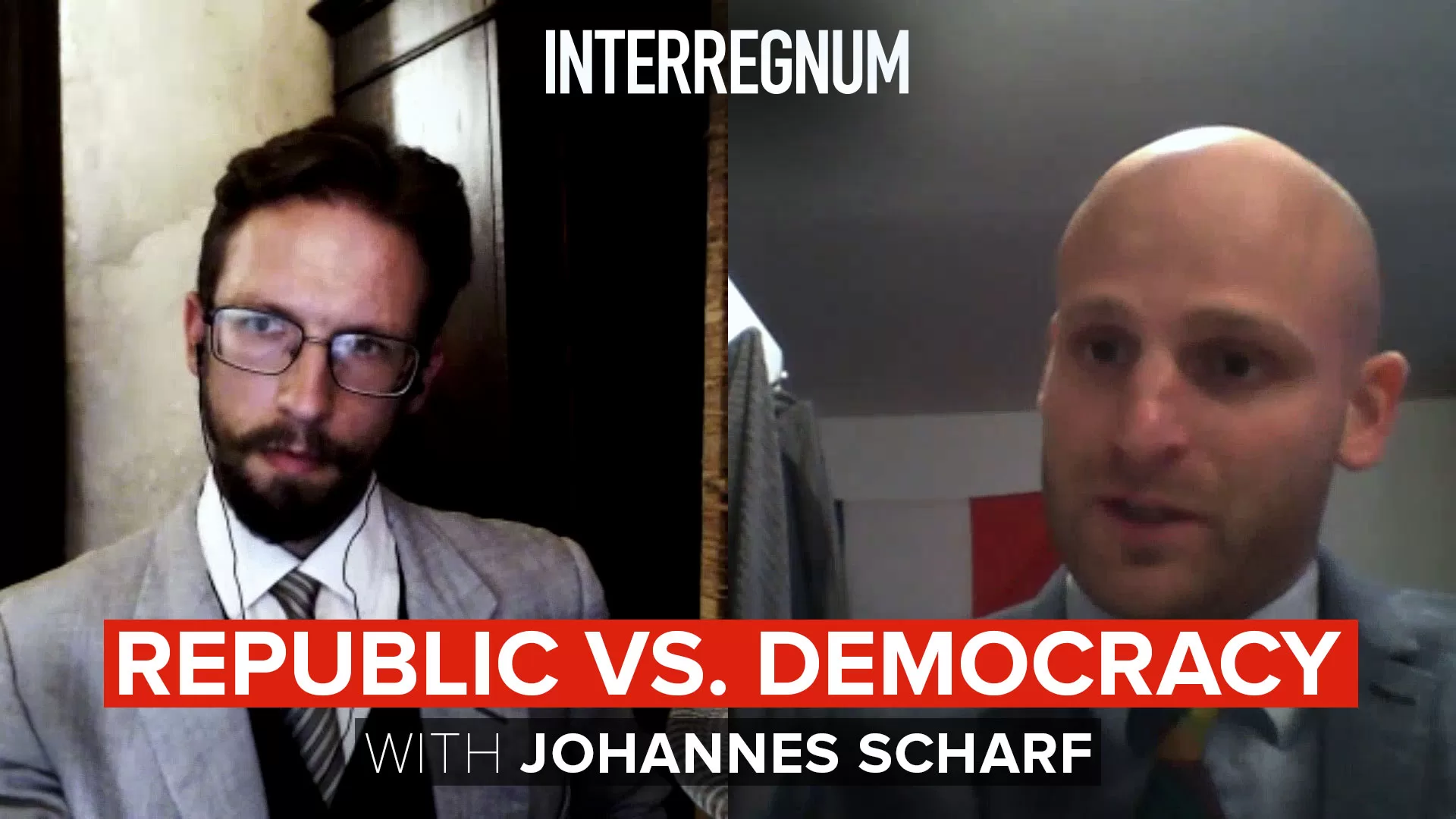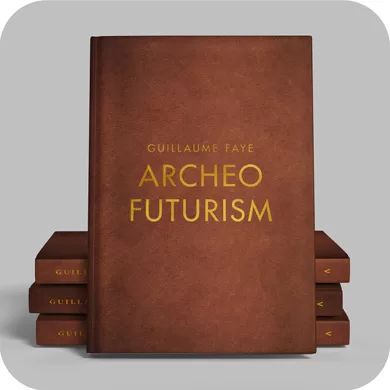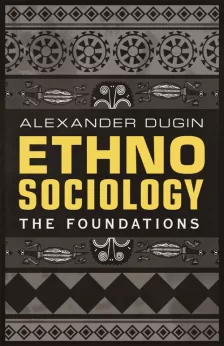Johannes Scharf, author of the recent Arktos publication Der entfesselte Prometheus, joins Interregnum for a critical analysis of the differences and similarities between republics and democracies, and discusses the question of whether the former might remain viable where the latter fail.
Note: Brief mention is made of a certain ‘St. Paul the Evangelist’; obviously, ‘Paul the Apostle ’ was intended. Our guest, when speaking of the demographics of the city of Pforzheim, was referring to the proportion of migrants in the particular neighbourhood he was referencing; the city itself is still close to 50 percent ethnically German (about 45%).










I listened to this a number of times. This is good, it is satisfying. It is satisfying like eating one’s broccoli. I come away thinking differently about republics, though I am not quite as sour towards republics as is John Bruce Leonard, but I look eagerly towards considering other forms of government for the different types of European peoples. Further, I had not adequately considered the lack of exemplars of virtue in the design of the American system until studying this podcast. Other conveyances of virtues existed for me as a youngster. These came from the Church in the form of the frequently reiterated and artistically represented lives of the Saints. It also came in a civic sense from those marble statues in institutions like the Carnegie Library & Museum in Pittsburgh. These stones and the architecture made by men who strived not simply self-pleasure, reminded me that there was indeed good reason to read the works of authors from antiquity on—and that they were not perfect, but merely great. These cultural and intellectual goods are regenerative, though admittedly the periods of restoration can have painfully long cycles. This is where the parallel religious view was helpful, it provided the reassuring theory of error to explain the corruption that forever spoils even the best of human efforts to govern themselves and others. Perhaps the form of the republic is adequate for what, in America, are the state governments. I am ready for something different at the national level. The question is how are the national aristocrats or monarch are to be selected and instituted and corrected if tyrannical. What is the systems theory? It is clear that we cannot continue with the inverted-talent structure that currently reigns in government. The bureaucracy is a branch of government that the American founders did not have the opportunity to envision or address. It needs to be in the relentlessly-advancing, unstoppable technological future. Lastly, we are talking about forms of government while global, corporate governance clearly has captured and has subordinated political governments. This needs to be accounted for as well as long as we are going to engage in this exercise of modelling protections for the human as persons and as ethnic nations. How do we harness the things currently warring against us? First of all, we need to see that it is not only possible, but hopeful.